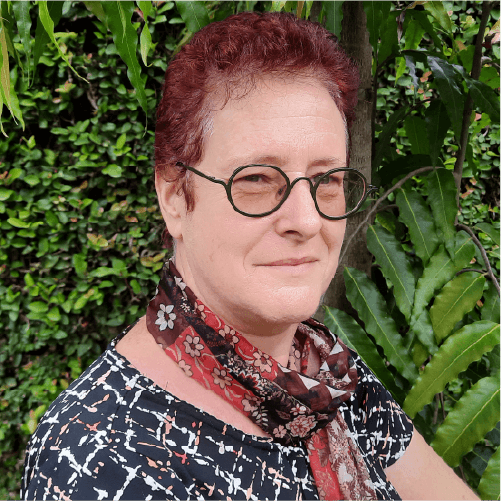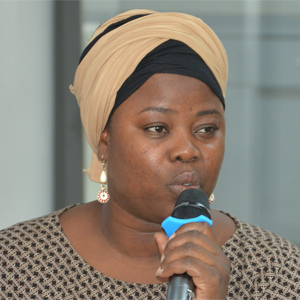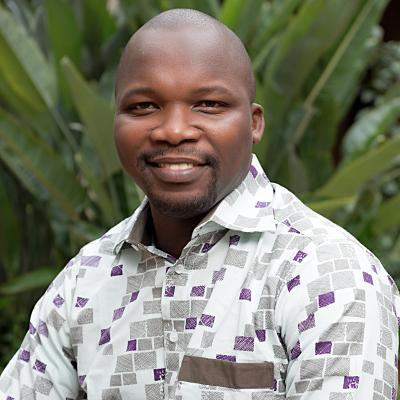Description
The general objective of the Green and Resilient Northern Cameroon initiative (CASEVE) to which this action is called to contribute is "to increase the resilience of the three northern regions of Cameroon in the face of demographic pressure and food crises exacerbated by insecurity and climate change". CIFOR-ICRAF is proposing an integrated landscape management approach in order to solve the triple challenge of (i) supporting a growing population, (ii) preserving biodiversity, and (iii) mitigating and adapting to climate change, in the area. Hence, the intended impact of this action is a more inclusive territorial governance that promotes conflict prevention. Currently in the project area, land use and natural resource use plans are found to have been poorly developed and/or are not being respected. This has led to conflicts between users of these spaces and resources, including conflicts over water, agricultural land, pastures, or between populations and conservation services around protected areas.
The action is implemented in three strategic landscapes in northern Cameroon: (1) the irrigated valley of Logone; (2) the Benoue West landscape; and (3) the Benoue East landscape.
The action is divided into two expected results: R1.1 Land zoning and management decisions are more informed, transparent and respected; and R1.2 Team Europe Initiative actions in the Septentrion are better coordinated. The SHARED approach is used to collect data and evidence; stimulate knowledge sharing and creativity; and to encourage stakeholder engagement and participation. Citizens’ responsibility in evaluating, planning and monitoring public services, is increased using the community score card methodology. Further, a social change process called “Social Analysis and Action” is employed to rouse community reflection and search for local solutions. Given the importance of the role of women and socio-cultural barriers, women are targeted as a priority to strengthen their resilience and leadership.

























